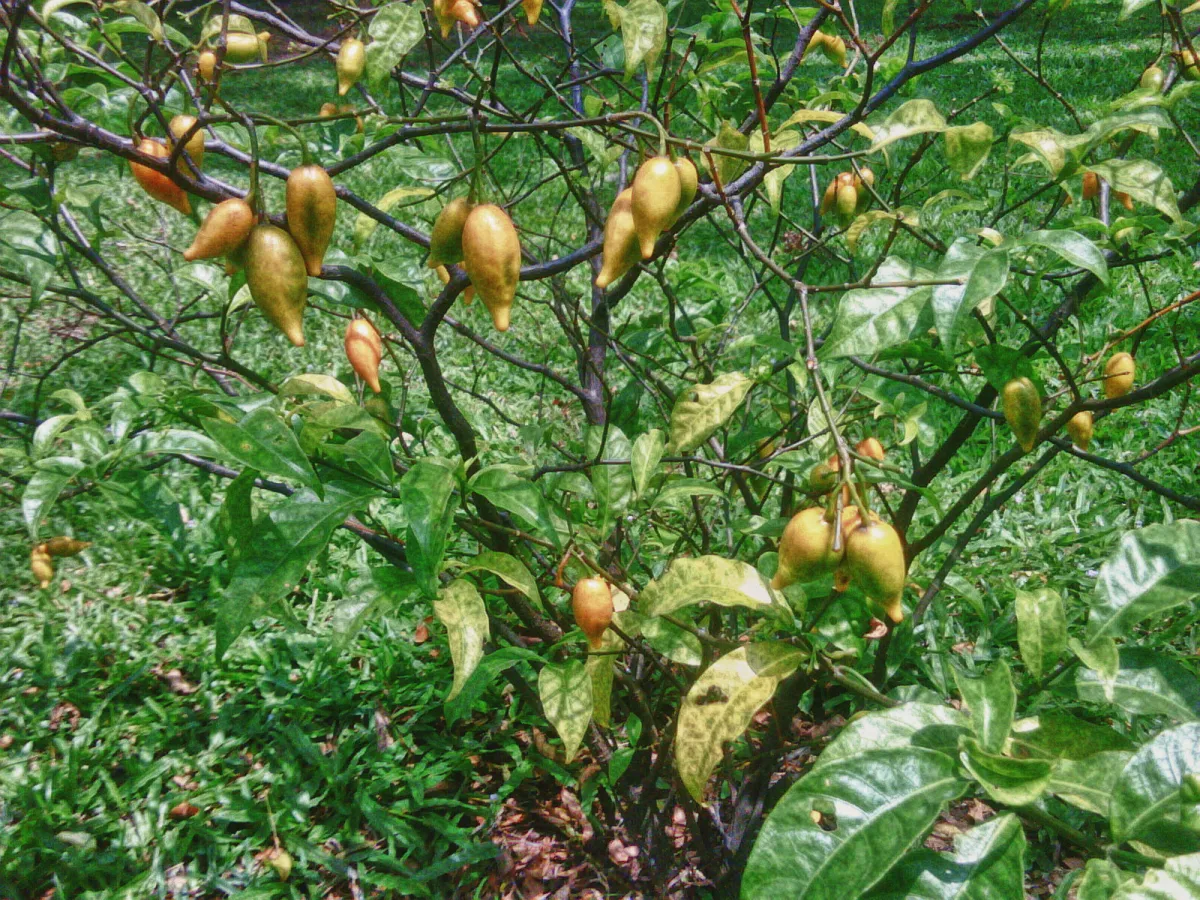Journey into the Psychedelic World: Top 10 Psychoactive Plants and their Mind-Altering Effects
- Tina Lebowski
- Jan 12, 2023
- 3 min read
The use of psychoactive plants has been an integral part of spiritual and traditional practices for many indigenous cultures throughout the world. These plants have been used for centuries for their mind-altering effects and for their ability to induce hallucinations and other altered states of consciousness. Here, we will explore a top 10 list of psychoactive plants and their effects.
Ayahuasca (Banisteriopsis caapi) - This Amazonian vine contains the psychoactive compounds harmine, harmaline, and tetrahydroharmine. When consumed in the form of a brew, it is known to cause intense hallucinations and a profound change in perception and thought patterns. It is also believed to have therapeutic benefits and is used in traditional healing practices.
Peyote (Lophophora williamsii) - This cactus contains the psychoactive alkaloid mescaline. When consumed, it can cause hallucinations, euphoria, and an altered sense of reality. Peyote has been used in spiritual ceremonies by the indigenous peoples of Mexico and the southwestern United States for centuries.
San Pedro cactus (Echinopsis pachanoi) - Like peyote, this cactus contains the psychoactive alkaloid mescaline. The effects of consuming San Pedro can include hallucinations, euphoria, and an altered sense of reality. It has been used in spiritual ceremonies by the indigenous people of the Andes for centuries.
Datura (Datura species) - This genus of plants contains the psychoactive alkaloids scopolamine and atropine. Datura can cause hallucinations, delirium, and altered perceptions of time and space. It has been used in traditional spiritual practices by indigenous cultures in North and South America.
Psilocybin mushrooms (Psilocybe species) - These mushrooms contain the psychoactive compound psilocybin, which when consumed, can cause hallucinations, euphoria, and a sense of heightened spiritual awareness. Psilocybin mushrooms have been used in traditional spiritual practices by cultures in various parts of the world.
Cannabis (Cannabis sativa) - The psychoactive compound in cannabis is tetrahydrocannabinol (THC). When consumed, it can cause euphoria, increased appetite, and altered perception of time. It has been used for centuries for both medicinal and spiritual purposes by cultures around the world.
Salvia divinorum (Salvia divinorum) - This plant contains the psychoactive compound salvinorin A. When consumed, it can cause hallucinations, changes in perception, and a sense of spiritual transcendence. Salvia has been used in traditional spiritual practices by the Mazatec people of Mexico.
Yopo (Anadenanthera peregrina) - This plant contains the psychoactive compounds DMT and 5-MeO-DMT. When consumed, it can cause hallucinations and altered states of consciousness. Yopo has been used in traditional spiritual practices by indigenous cultures in South America.
Kava (Piper methysticum) - This plant contains the psychoactive compounds kavalactones. When consumed, it can cause relaxation, euphoria, and a sense of sociability. Kava has been used in traditional spiritual practices by the people of the Western Pacific.
Tabernanthe iboga (Tabernanthe iboga) - This plant contains the psychoactive compound ibogaine. When consumed, it can cause hallucinations, intense introspection, and a sense of heightened spiritual awareness. Tabernanthe iboga has been used in traditional spiritual practices by the Bwiti people of West Africa.
It's important to note that the use of most of the plants on this list is not legal in many places and that they are powerful psychoactive compounds. They require proper guidance to use and any self-medication with them can be dangerous. They are also often tied to indigenous cultures and spiritual practices, and should be respected as such. If you are interested in learning more about these plants and their traditional uses, it is best to seek out information from a knowledgeable and culturally sensitive source. Additionally, it's always better to check the legality of the plants in your region.



















Komentar